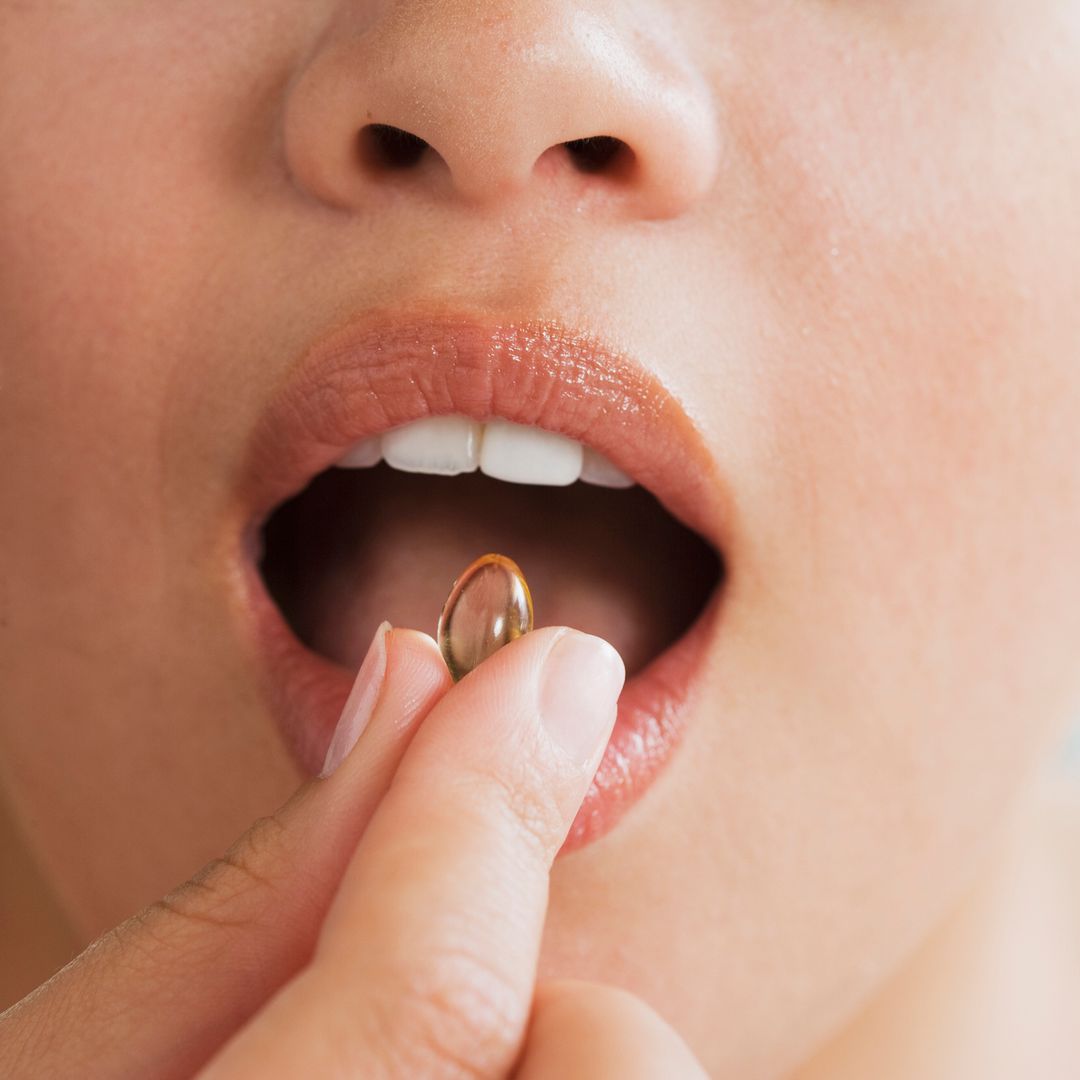As I sit down to reflect on my journey through perimenopause, I realize how much it resembles a stealthy lion, creeping up unnoticed until it's too close to ignore.
This phase of my life was a quiet transformation that turned my once-balanced, happy existence into a whirlwind of anxiety, depleted energy, and a hot mess of emotions.
The changes were subtle at first – a little more fatigue here, a slight weight gain there, and a mood that felt off-kilter. I brushed these off as the toll of a busy life, juggling work and family. It's what we women do, right? We put ourselves last.
The symptoms of perimenopause were like uninvited guests that overstayed their welcome. It began in my mid-forties, a time when I thought I still had a grip on my youth.
But slowly, the signs became harder to ignore. Was my hair thinning more than usual? Were my joints always this achy? And why did I feel like I was lugging around a heavy emotional weight?
READ: I’m a Beauty Editor in menopause. These 9 daily habits keep my skin glowing
I didn't recognise these changes for what they were. Like many, I trudged on for years, attributing the fatigue and mood swings to the hustle of life. It wasn't until I reached my late forties and missed a period or two that the word 'perimenopause' entered my vocabulary.
Understanding perimenopause was crucial. It's a natural stage, marking the transition to menopause, defined by the cessation of menstruation for 12 months or more.
It's a time when our bodies undergo hormonal upheavals as estrogen and progesterone levels fluctuate wildly.
Perimenopause isn't a brief guest; for some, it can linger for a decade. It usually starts in our 40s, but for some women, it begins earlier.
The journey to menopause is unique for each of us. Some might breeze through it in a year, while others, like me, find themselves in a long, often bumpy ride.
Blood tests aren't reliable in diagnosing perimenopause due to the natural hormone fluctuations.
The Modified Greene Scale is a more accurate measure, assessing symptoms to indicate estrogen insufficiency. I wish I had known this earlier; it would have saved me countless confusing GP visits.
The possibility of pregnancy during this time is reduced but not impossible. Periods become erratic – heavier, lighter, shorter, longer, or sometimes absent for months. It's a rollercoaster that's hard to predict.
READ: Davina McCall reveals which ‘specific workouts’ are key to helping menopause
The 12 most common symptoms of perimenopause:
Brain fog – Misplacing keys, forgetting appointments. It wasn't memory loss but a cognitive haze.
Weight gain – A slower metabolism and hormonal changes contributed to this unwelcome change.
Insomnia – Sleepless nights became the norm, further exacerbating other symptoms.
Night sweats and hot flashes – Waking up drenched in sweat was both uncomfortable and disheartening.
Mood swings – Irritability, anxiety, and depression were frequent, unpredictable visitors.
Lack of energy – Constant fatigue made every day feel like an uphill battle.
Vaginal dryness – This brought discomfort and a host of other issues.
Changes in libido – A fluctuating sex drive added another layer of complexity to my relationships.
Joint pain – Unexplained aches and stiffness became regular occurrences.
Headaches and migraines – These intensified, especially during hormonal fluctuations.
Irregular periods – The unpredictability of my menstrual cycle was frustrating.
Digestive problems – Bloating, stomach issues, and sudden food sensitivities emerged.
Managing these symptoms required a holistic approach. Diet played a crucial role – reducing sugar and alcohol while increasing protein intake.
Hydration was key, not just for reducing hot flashes but for overall well-being. Regular exercise, particularly gentle activities like walking, yoga, and pilates, helped manage stress and improve sleep.
And speaking of sleep, establishing a routine was vital, as was avoiding screen time before bed. Avoiding triggers like spicy food and caffeine also helped.
Some may require hormone therapy, a potential game-changer for many women. It’s not a one-size-fits-all solution, but for some, it can bring back a semblance of their former selves.
As I navigated through perimenopause, I realised that it affects every woman differently.
About 60 per cent of women experience mild symptoms, and 20 per cent might not notice any significant changes. But for the rest of us, it's a profound shift that requires attention, care, and understanding.
Perimenopause is not just a medical condition; it's a life stage that tests our resilience, patience, and ability to adapt. It taught me to listen to my body, prioritize my health, and embrace the support of those around me.
Though challenging, this journey has also been enlightening, revealing strengths I never knew I had and a deeper compassion for other women's experiences.
As I emerge into the post-menopausal phase, I carry with me not just the lessons learned but a sense of empowerment.
Perimenopause, with all its trials and tribulations, is not just an end but a beginning – a new chapter that holds the promise of wisdom, growth, and renewed vitality.
Faye James is an accredited nutritionist, member of the Australian Menopause Society and author of The Menopause Diet












